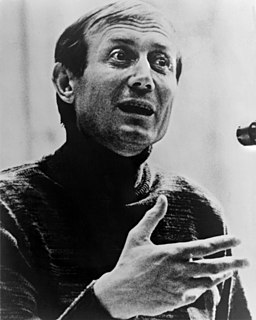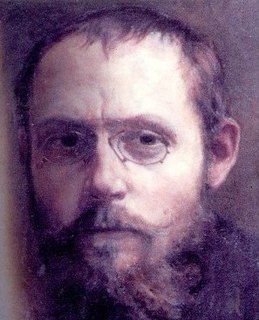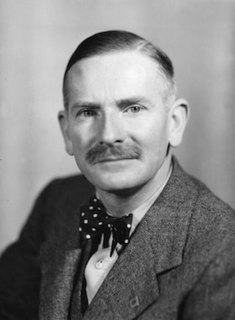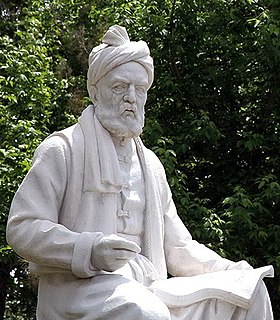A Quote by Robert Penn Warren
...a man does not die for words. He dies for his relation to them.
Related Quotes
'Fire' does not matter, 'earth' and 'air' and 'water' do not matter. 'I' do not matter. No word matters. But man forgets reality and remembers words. The more words he remembers, the cleverer do his fellows esteem him. He looks upon the great transformations of the world, but he does not see them as they were seen when man looked upon reality for the first time. Their names come to his lips and he smiles as he tastes them, thinking he knows them in the naming.
sentences were used by man before words and still come with the readiness of instinct to his lips. They, and not words, are the foundations of all language. ... Your cat has no words, but it has considerable feeling for the architecture of the sentence in relation to the problem of expressing climax.
The psychoanalysis of individual human beings, however, teaches us with quite special insistence that the god of each of them is formed in the likeness of his father, that his personal relation to God depends on his relation to his father in the flesh and oscillates and changes along with that relation, and that at bottom God is nothing other than an exalted father.






































